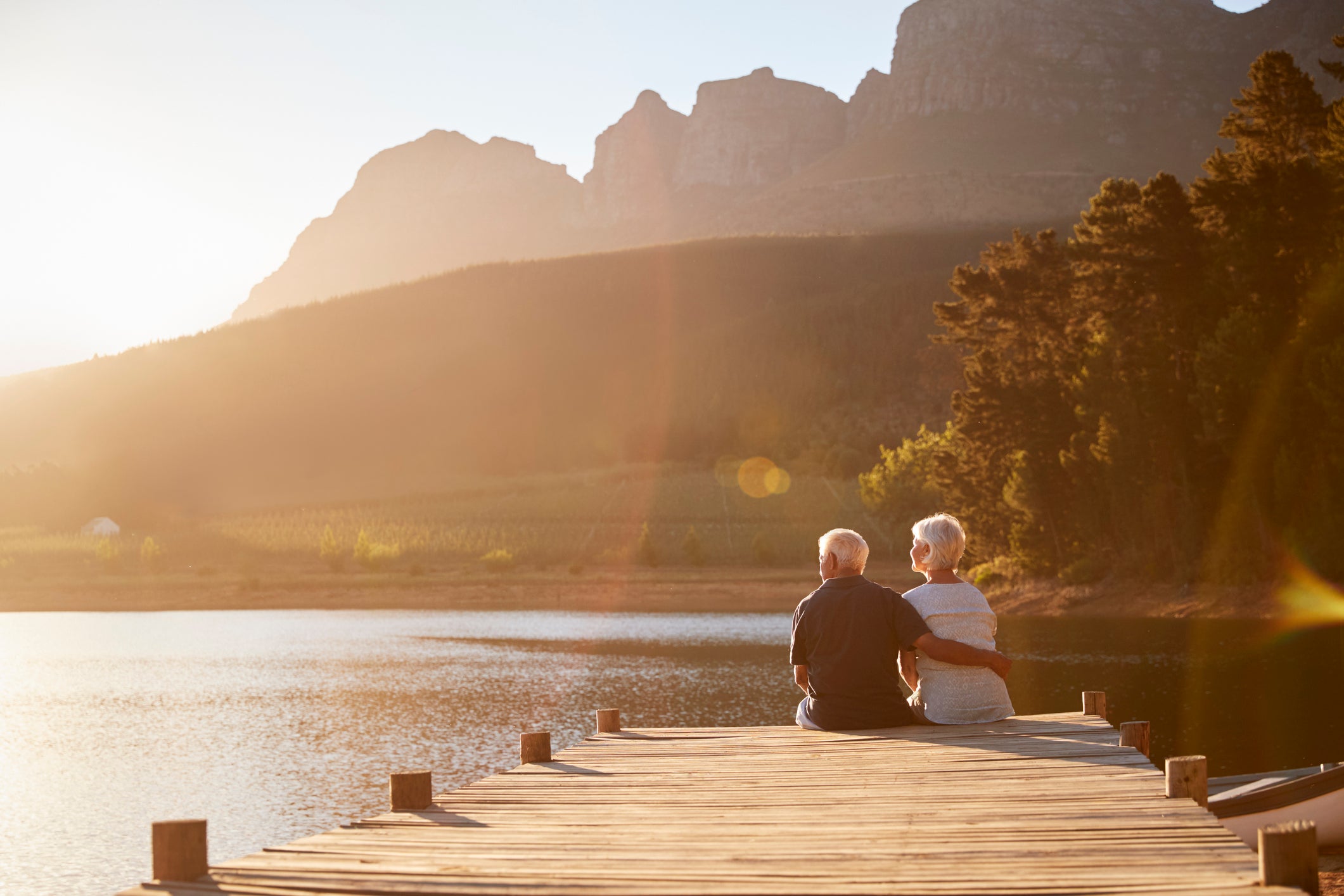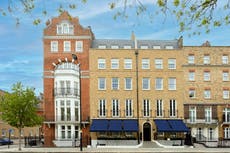Holidays ‘could help boost wellbeing of mental health and dementia patients’
We’ve heard of music and art therapy, but now ‘travel therapy’ could change how we view the tourism industry, reports Aisha Rimi


Going on holiday could have a positive impact on those with mental health issues or conditions, found a new study.
A new paper published in the journal Tourism Management proposes we view tourism as not just a recreational experience, but as an industry that can provide real health benefits.
Lead researcher Dr Jun Wen, a lecturer in Tourism and Service Marketing at Edith Cowan University (ECU) in Perth, Australia, said his team investigated how tourism could benefit those living with dementia.
“Medical experts can recommend dementia treatments such as music therapy, exercise, cognitive stimulation, reminiscence therapy, sensory stimulation and adaptations to a patient’s mealtimes and environment,” Dr Wen said.
“These are all also often found when on holidays. This research is among the first to conceptually discuss how these tourism experiences could potentially work as dementia interventions.”
The varied nature of tourism meant that there were many opportunities to incorporate treatments for conditions such as dementia. For example, being in new environments and having new experiences which could provide cognitive and sensory stimulation.
“Exercise has been linked to mental wellbeing and travelling often involves enhanced physical activity, such as more walking,” Dr Wen said.
“Mealtimes are often different on holiday: they’re usually more social affairs with multiple people and family-style meals have been found to positively influence dementia patients’ eating behaviour.”
Dr Wen adds that the increase in vitamin D and serotonin levels due to fresh air and sunshine helps create a “holistic tourism experience”, which shows how patients with dementia could benefit from tourism as “an intervention”.
The effect of the pandemic on travel has also raised questions about tourism’s value beyond lifestyle and economic factors.
“Tourism has been found to boost physical and psychological wellbeing,” Dr Wen said. “So, after Covid, it’s a good time to identify tourism’s place in public health — and not just for healthy tourists, but vulnerable groups.”
Dr Wen hopes a new line of collaborative research “bridging tourism and health science” could begin to examine how travel can enhance the lives of people with various conditions.
However “more empirical research and evidence” is needed to see if tourism can be used as a medical intervention for diseases such as dementia or depression.






Join our commenting forum
Join thought-provoking conversations, follow other Independent readers and see their replies
Comments